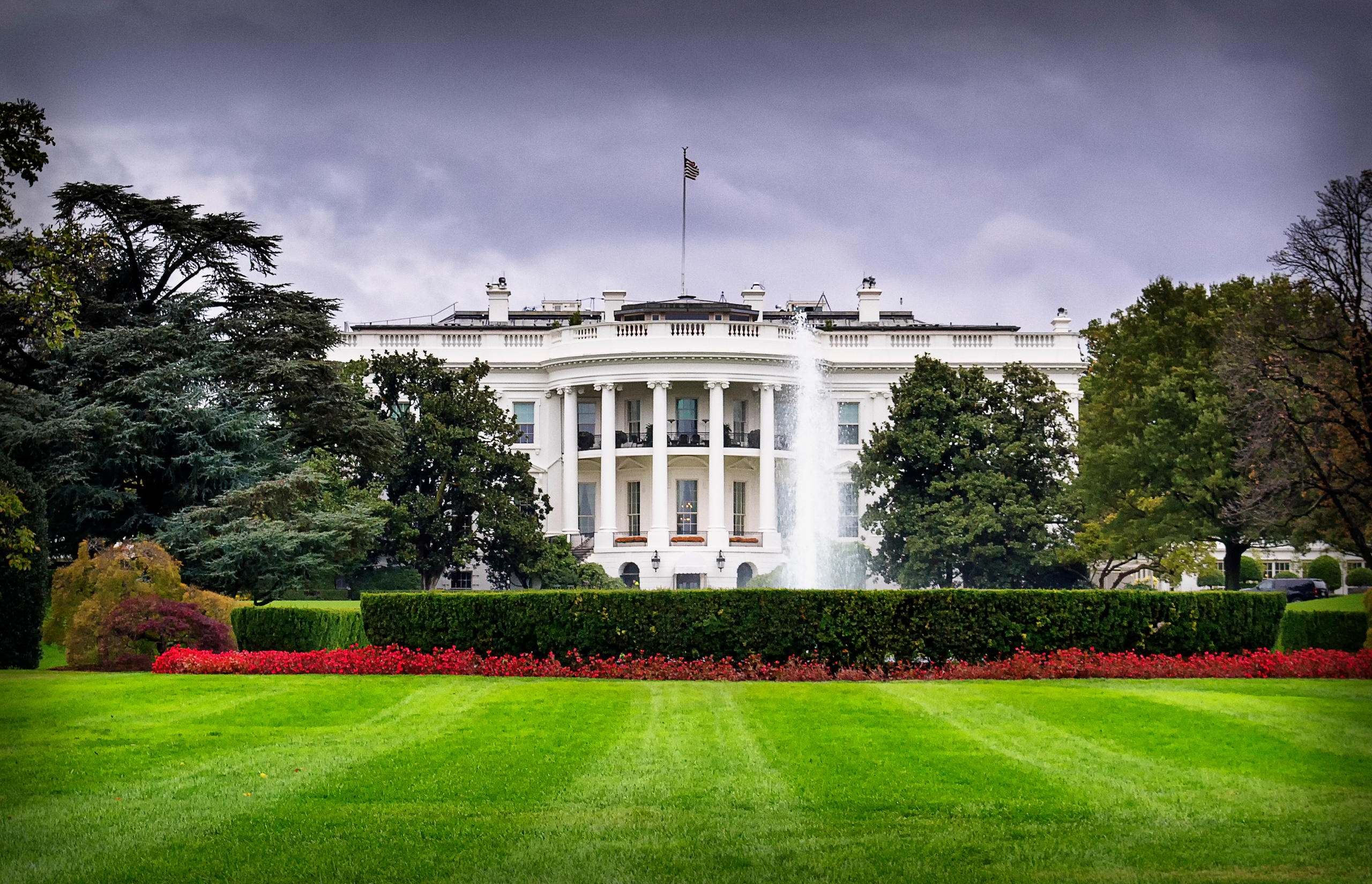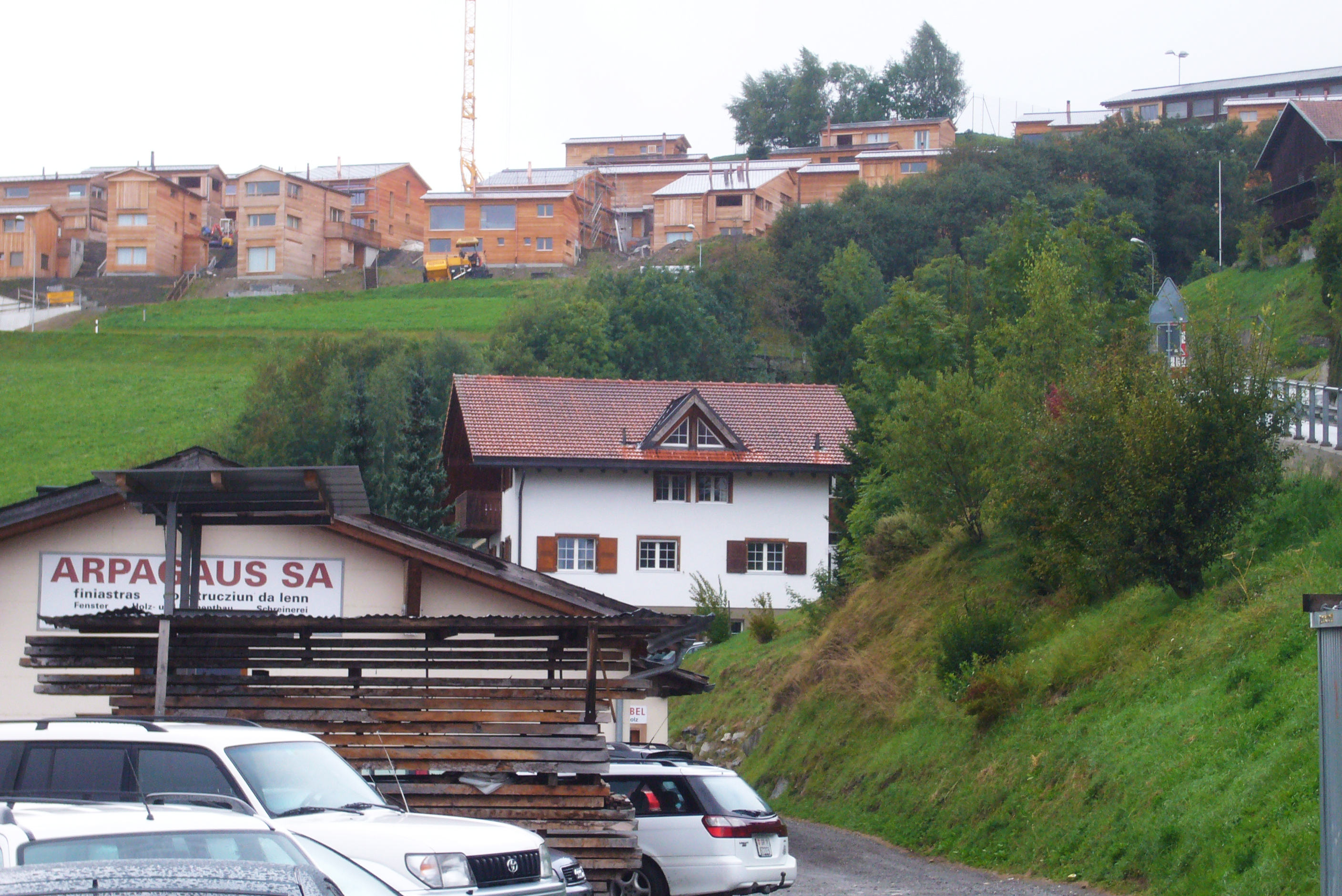
How do you cover the US election for Switzerland?

Sacha Batthyany, US correspondent for Zurich's Tages-Anzeiger newspaper, says Swiss readers are highly informed and interested in the American presidential election – a phenomenon that Americans often have trouble understanding.
When he started covering the election for a Swiss audience at the beginning at 2016, Batthyany was surprised by how well-informed the Swiss public already is.
“They know everything, they’ve been following the US elections for years,” he says. “I get really detailed reader reactions.”
When talking to Americans, he finds they are often surprised that a Swiss newspaper would pay a correspondent “just to travel to Utah or New Hampshire to cover the primaries”.
PLACEHOLDER
His response to those people is that “it’s really important who’s going to be the next president of your country, it’s going to affect us all. The whole world is still affected by what [George W.] Bush did. It’s very important for Swiss readers and they just want to know what is happening.”
Americans tend to understand that, he says – and acknowledge they have “no idea about Switzerland and Europe and would appreciated it if their newspaper or magazine would cover other countries more”.
Swiss readers are quite knowledgeable when it comes to the top candidates, but Batthyany says there are still gaps, especially about initially lesser-known politicians like Jeb Bush or Ted Cruz.
“I spent the first weeks and months of election season doing a lot of profiles on the candidates and who stands for what,” he says. “Then it became about telling what’s happening and explaining the election itself, the money, and the role of super PACs.”
Everyday stories
Covering the US elections as a foreign journalist isn’t easy, not least because candidates usually won’t give you the time of day, says Batthyany.
“Politicians have no interest in talking to foreign journalists. You can talk to people working for think tanks, experts or maybe campaign aides, but otherwise it’s difficult.”
Batthyany’s solution has been to try to focus more on stories of individual Americans and how they’re affected by issues at stake in the election. He says that “readers in Switzerland appreciate being taken into American homes, listening to their problems, needs, hopes”.
It’s something he plans to do even more of during the upcoming general election, also as a way to address what he sees as fatigue on the part of Swiss readers over the “horse race” of back-and-forth polls and the pervasive feeling “that money buys everything here, even the election”.
“Sometimes I think readers are fed up with the election being nothing but the biggest show on earth…which, of course, it is,” he says.
Contact the author of this article on Twitter: @vdevoreExternal link

In compliance with the JTI standards
More: SWI swissinfo.ch certified by the Journalism Trust Initiative










































You can find an overview of ongoing debates with our journalists here . Please join us!
If you want to start a conversation about a topic raised in this article or want to report factual errors, email us at english@swissinfo.ch.